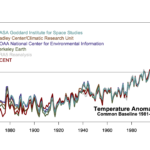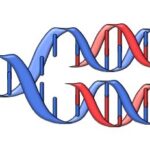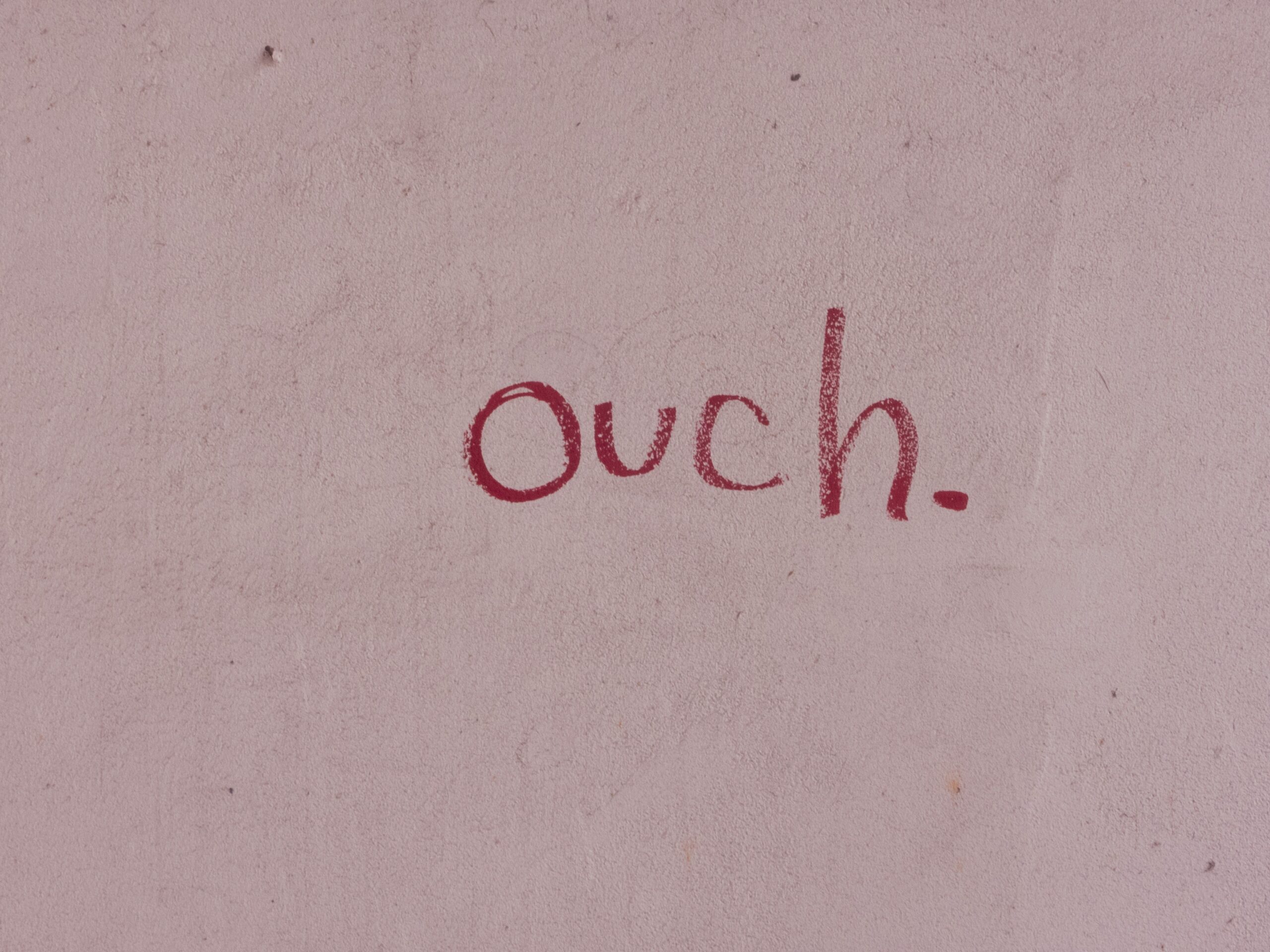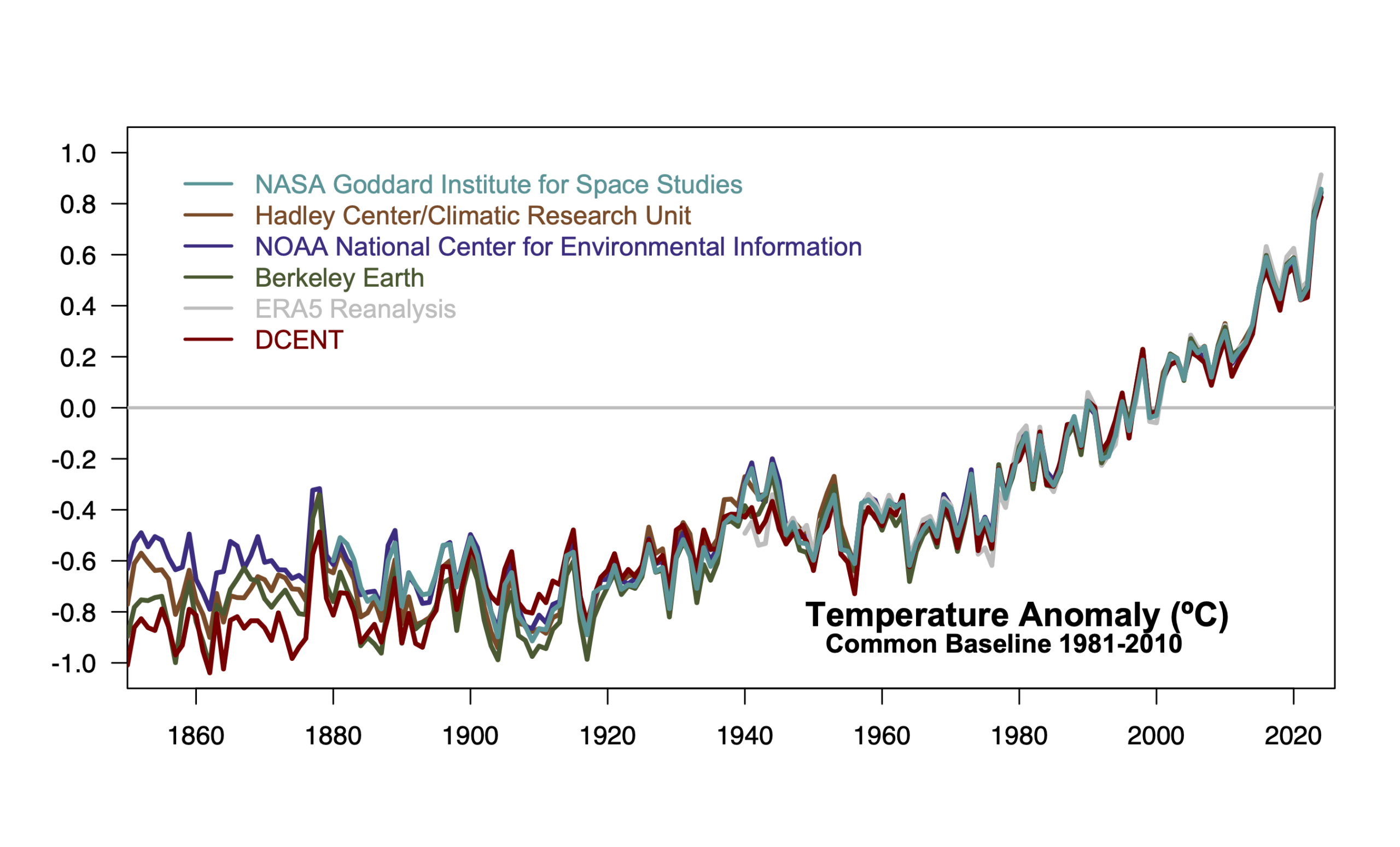
Dear Jennifer,
Thank you for your interest in working as writer/editor for our esteemed organization. Although his credentials and experience seems to be appropriateWe have received a record number of applicants and have decided to move forward with another candidate who is clearly much better and definitely much sexier than you. Even if you are very old, We will keep your resume on file for future opportunities.
–Hiring Manager, Dear Organization That doesn’t love you, loser
What does rejection do to the human brain? How about the repeated rejections? Say, four? Or 12? How about the 29th? Does something, I bet.
As one of the thousands recently laid off from their jobs and thrown into a talent pool, where truly good, capable people are trying to regain employment without elbowing their colleagues in the eyes, I looked him up.
It’s a form of social rejection, that “thanks but no thanks” letter that many of us continue to receive from potential employers. Evolution tells us to worry about it: social acceptance, in this case being told that you are “good enough” (and better than everyone else, in fact) to join a particular team, represents security and access to resources. It makes sense that it matters.
Apparently, rejection has “positive” aspects: it can motivate you to try harder, to reframe your way of thinking, to let go of your ego, to learn to be patient, yadda yadda. Obvious things that are a little hard to take seriously right now. But make no mistake: social pain is real pain; The scientists suggest that the brain systems underlying the pain of rejection likely co-opted the brain circuits that support physical pain. That means that the two types of pain share activity in our somatosensory systems, and that intense social pain (for example, the deep pain after a romantic breakup plus the infatuation of spying on your ex on a hot date) can affect pain sensory processing regions. This thing about pain is complicated, and there is a lot of interaction between pain and anguish, between “ouch” and “damn.”
Social pain reaches deep within us in other ways. A relatively new field called social genomics reminds us that the genome is not a fixed model but a dynamic system that reacts to human experience. It is known that negative social interactions can and do affect our health, not only mental but also physical; More recently, scientists have discovered how our experiences as social beings can even interfere with our genetic expressionthrough a series of biological and molecular mechanisms. The brain, the body, the genome… it is an association for better or worse.
However, if you get rejected enough times, I’ve found that you start to worry less and the physical longing for acceptance fades a little. Especially when you know you’re in good company, as I certainly am in this case, you learn to let go of the guilt. I like to think that this avoidance of responsibility gives our fragile egos a chance to come back. Most importantly, it prevents the message “I’m not good enough” from undermining our health and telling our genes what to do.
Photo by Nick Fewings in unpack
#resume #contact










